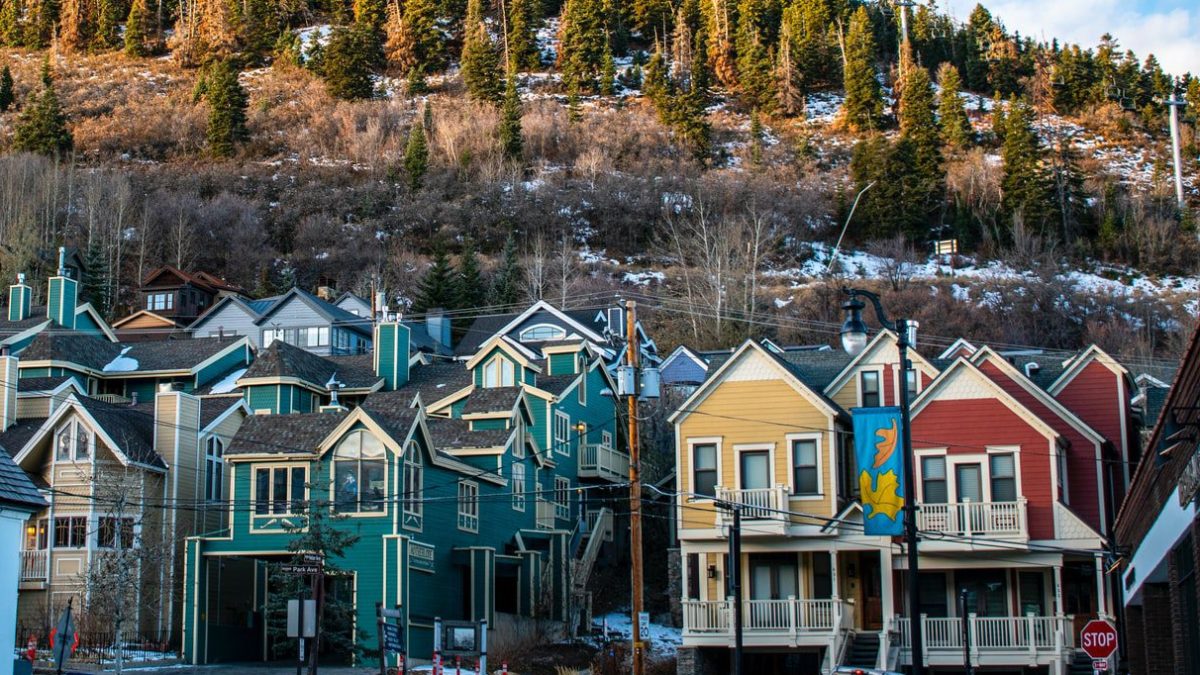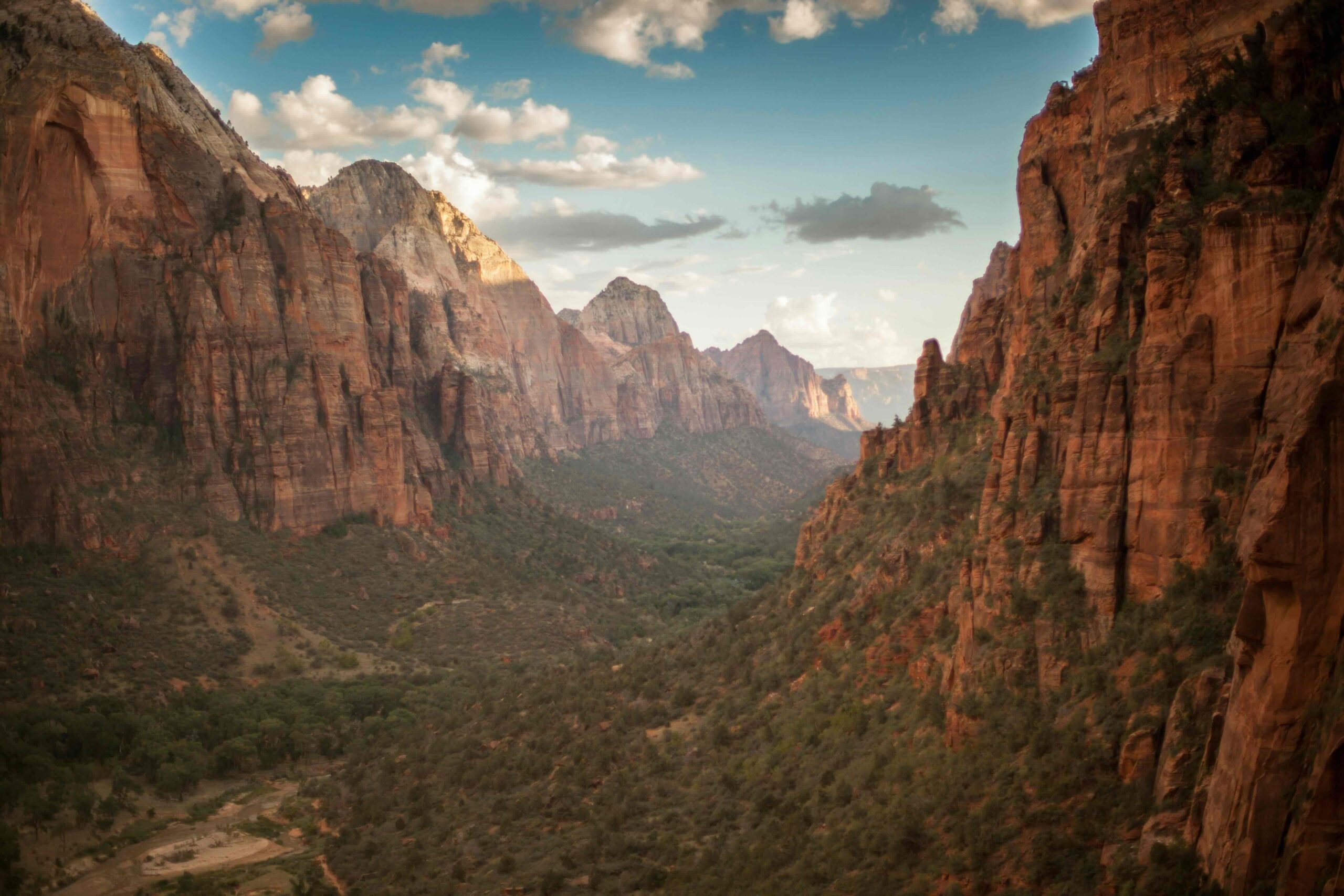Community
Best of Bullwheel: What’s your community worth?

Photo: Photo by Gabriel Tovar
The Bullwheel is a new place for community conversations. It’s a Park City-based online chat forum with trail updates, long-term rentals, opinions, and letters to the editor.
By Jay Wisniewski
What is your home worth?
The price is probably wrong, even if it already seems too high. In the old days, a prospective buyer noted the number of bedrooms and bathrooms, the size of the yard, the quality of the nearby schools and, with the help of a real estate agent, arrived at a decision on whether the listing price was fair and what offer to make. Essentially, those kinds of buyers were asking themselves: Would this be a good house to live in for the money?
In areas with mountains, outdoor recreation, and other natural amenities, the old calculus is being replaced by the new math. The new math determines the fair price of a house by its projected income as a short-term rental. Houses aren’t for living. They’re commodities.
I suspect the climbing housing prices in most mountain towns are relatively insignificant to investors, who still expect to turn a profit on any given home that’s used as a short-term rental. The definition of “overpaying” is different for those looking to live in a home vs. those who will rent it out as an Airbnb.
There is a war being fought — instigated by tech companies worth billions of dollars, whose continued growth depends on communities believing that it’s more important that tourists have access to unique and authentic lodging than it is for working locals to have housing, whether it be in the form of long-term rentals or home ownership.
To my mind, Airbnb wasn’t supposed to be a hotel replacement or competitor. Airbnb was marketing itself toward a different kind of traveler. The tech company was seemingly trying to build a community of quasi-bohemian backpackers and travelers less concerned with material luxuries and more concerned with “getting to know” their destinations. The real Paris. The real New York. The real Colorado. Airbnb’s platform was meant to encourage room shares and house shares or to enable homeowners to rent out accessory dwelling units, like mother-in-law cottages. The idea was for travelers to have a local host on-site to welcome them and make them feel more in tune with the community. Used like that, Airbnb and its ilk could be a benefit to a community.
Those days are long gone. Various analysts have found that the majority of Airbnb listings are now for entire homes rather than for shared properties or a guest room in an owner-occupied unit.
Somewhere after its 2008 founding, Airbnb morphed into a hotel competitor due to its marketing budget and ability to undercut hotel prices. The funky little tech start-up is now a $75 billion company (according to Forbes). At many Airbnbs, one can check in without ever seeing the owner or anyone else, which I suppose is a boon now. It was already commonplace before COVID, but it seems to me like a perversion of the platform’s original intent. Many short-term rentals have become decidedly more like hotels.
“One reason Airbnb is often a cheap option for travelers: Running a hotel or bed and breakfast is expensive; snapping photos of your home, apartment, or spare room and filling out an online profile is not. Hotels must comply with a litany of health, safety, and zoning rules — as well as register with local agencies and agree to collect certain taxes — before they can book a single guest,” according to Wired’s “Inside Airbnb’s ‘Guerrilla War’ Against Local Governments.”
Make no mistake, the company still talks a community game, but it’s never quite arrived at a convincing explanation of what benefit a community sees from removing dwellings from the long-term rental pool and converting what might have been primary residences into miniature hotels. What community enhancement is derived from one’s neighboring houses playing host to a new set of tourists every week? And what about the offseasons for mountain towns and resorts? Does a town of (even more) empty houses seem like a real community to anyone?
As a result, we’ve seen the transformation of mountain towns and once-vibrant urban neighborhoods into patchwork quilts of primary residences and unzoned boutique hotels. Even before COVID drove interest in the Mountain West to unsustainable levels, magazines like Outside were already asking, “Did Airbnb Kill the Mountain Town?” A number of towns across the West have become unpleasant admixtures of mostly vacant mansions, unregulated short-term rentals, and a shrinking stock of overpriced single-family homes and condos. In those towns, small businesses shutter, and essential services suffer as increased housing costs, also driven in part by influxes of remote workers, force the people who do the real work (EMTs, ski patrollers, nurses, teachers) to live farther and farther away from the town.
A neighborhood is a delicate organism. If I convert my home into a cocktail bar, it would change everything. Zoning laws and covenants reflect that. We accept some limitations on our property rights for the good of the community. We should consider doing likewise within the city limits when it comes to allowing so many homes to be converted into miniature hotels. It’s one thing for an owner-resident to rent out a room, a suite, or a guest house — it’s another proposition entirely for absentee owners or investors to transform communities into revenue-generating vehicles.
Regulation brings its own hurdles — I’m aware of that. So I’m not sure what the way forward is. It might include careful consideration of zoning and what constitutes “residential use only” and “no commercial use.” It might mean sacrificing sight lines and small-town aesthetics in the name of denser, more vertical developments. We need to figure something out soon, though, because what we’re doing now isn’t working. The truly essential workers can’t work remotely.
Jay Wisniewski is an editor and columnist for the Aspen Daily News. He has lived in Utah, Idaho, Montana, and Colorado. He can be found at jaywisniewski.com
Submit an article:
Opinion or guest shot columns are limited to 800 words. They should be signed and include a town of residence and a telephone number for verification. No thank yous or political endorsement letters.
Please submit your original work to: editor@townlift.com for publishing consideration.
Appreciate the coverage? Help keep Park City informed.
TownLift is powered by our community. If you value independent, local news that keeps Park City connected and in the know, consider supporting our newsroom.



















